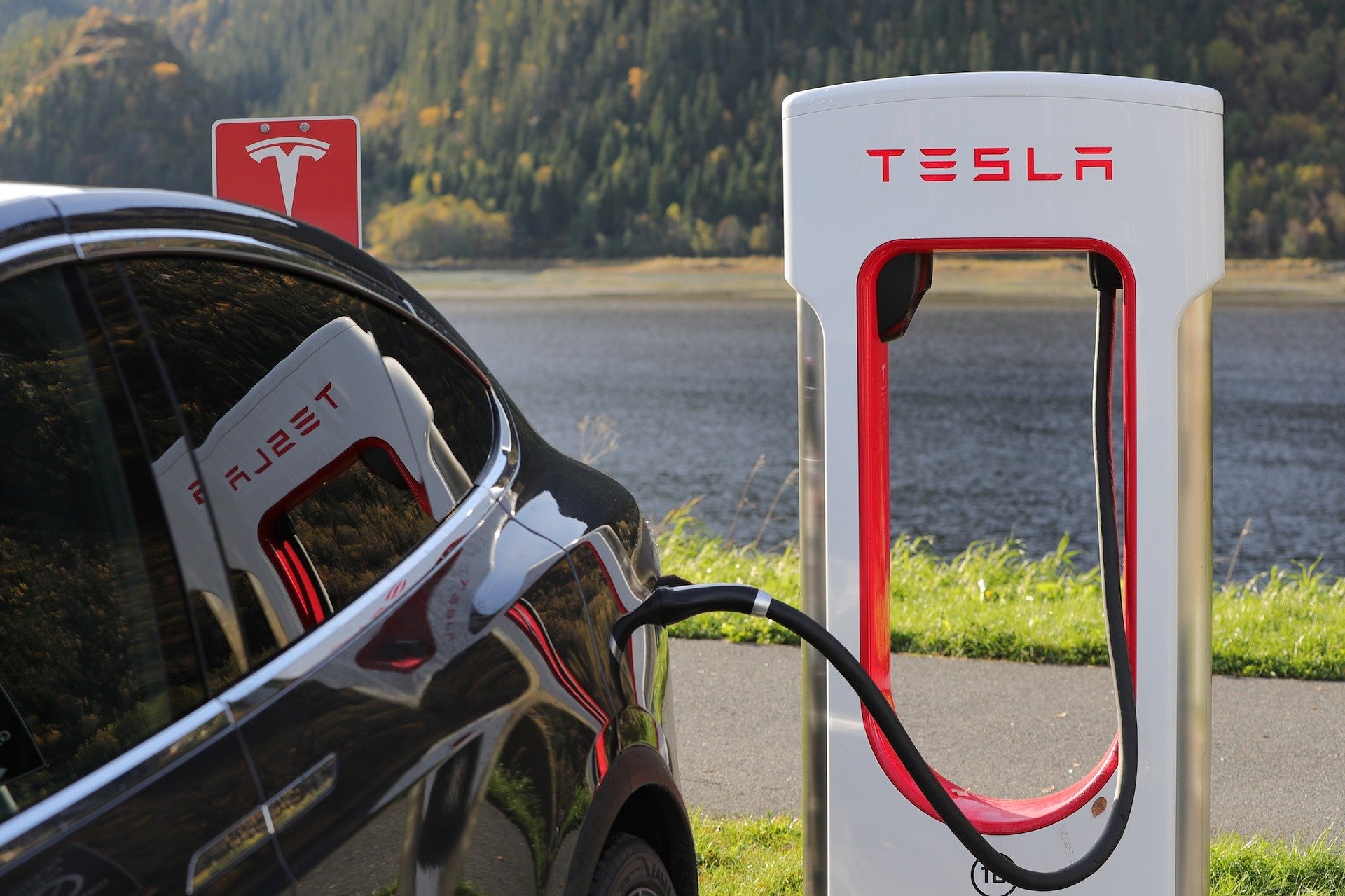What The New Florida Charging Stations Mean for The Future of Electric Cars
After passing the Essential States Infrastructure Bill, Florida is preparing to place more charging outlets and stations. This includes in rural areas as well as all major cities. The bill has led many to hope it will positively impact the electric car demand, especially those who advocate for more use of electric cars as a way to fight climate change. However, some have doubts about the new Florida charging stations.
Some worry it may impact the state’s economy, particularly as it relates to the state’s highway funding. In this review, we look at all aspects of the new Florida charging stations and provide a tentative projection on how it may impact the state’s economy and the future of electric cars.
A review of the Essential State Infrastructure Bill
Florida Governor Ron Desantis has signed the Essential States Infrastructure Bill, a proposal that many republicans and democrats alike agreed upon. Among other focuses, the bill will expand the number of electric car charging stations in the state. This is in an effort to combat climate change by reducing carbon emissions, which disproportionately affects the state of Florida since it is largely a coastal state.
Although the bill puts the state’s interest first, the effects could expand nationally. Many see the Essential State Infrastructure Bill as a step towards a society where electric cars are far more prominent, if not the most popular form of vehicle transportation.
Fighting climate change by reducing carbon emissions
One primary purpose of the Essential State Infrastructure Bill is to fight climate change. The transportation sector has the largest impact on carbon emissions than anything else, including a larger impact than utilities in the state of Florida. The effects are seen by rising sea levels in the state of Florida.
The hope is to encourage more people to purchase electric cars, thus reducing the impact of driving gas-powered cars has on the environment. By expanding the number of electric car charging stations, more partially and fully electric car owners will feel more comfortable traveling long distances with their electric cars. Many states will likely monitor the way this bill impacts the Florida economy and environment before deciding if they should implement similar changes.
Financial concerns posed by the opposition of the new Florida charging stations
When discussing the potential impact the Essential State Infrastructure Bill has, it’s important to highlight concerns of its opposers. Most notably, some feel as if the new bill will negatively impact the state’s current highway funding revenue.
The gas tax currently accounts for approximately 1/4 of the state’s highway funding. An increase in electric cars due to more availability of electric car charging stations could significantly cut into the gas tax revenue. However, some argue that the charging stations would generate its own revenue, in addition to the gas tax revenue which will still remain high.
Designed to help long-distance travel with electric cars
One main concern drivers have with electric cars is the ability to conveniently travel long distances. The new Florida charging stations reduces range anxiety by allowing drivers more opportunities to stop and charge. The primary goal is to encourage those who are purchasing a new vehicle to consider electric cars rather than gas-powered, which could reduce the carbon emissions and overall effect on climate change.
Where the new Florida charging stations may be located
The location of the new Florida charging stations has yet to be determined. Many are expecting charging stations all along the state’s major highways and within major cities. However, many folks advocate for electric car charging stations to be placed in more diverse communities. This includes minority neighborhoods, low-income neighborhoods and rural areas. Many have proposed looking at areas of Florida that are the most affected by poor air quality. The ultimate hope is to encourage everyone to purchase an electric car, even those outside of cities.
Looking to the future of electric cars: Will there be an increase in EVs?
There is no question that Florida hopes to gain an increase in electric cars within its state. There are currently more than 70,000 partially or fully electric cars registered in Florida. This makes it the third most popular state for electric cars, just behind California and Washington. It may very well encourage more people to buy electric cars and boost the number of electric cars beyond 150,000. This could ultimately affect other states and eventually have an impact on the number of electric cars nationwide.
Currently, there are more than 4,800 public and private charging outlets and over 1,600 charging stations in Florida. Most of these are in big cities. Florida aims to influence the EV market by increasing available charging outlets and stations via the Essential State Infrastructure Bill.
The bottom line
Change can be scary. But it seems as if bi-partisan politicians and the general public are on board with the new bill. Many view this as progress towards a society that is more eco-friendly. It minimizes the impact we have on climate change by replacing gas-powered cars with partially or fully electric cars.
Other states will surely monitor the way it affects the state’s economy. They’ll also look at people’s desire to purchase an electric vehicle. A strong economic impact and an increase in electric car purchases may result in more states adopting similar bills. These bills would allow for more charging stations, especially if the results show a significant improvement in slowing down the effect that we have on climate change.

















This is a good step in the right direction to relieve the range anxiety someone may have when it comes to owning an EV. I did not realize the concern for tax dollars going towards roads and highways. I would expect charging stations are for a fee as well and that maybe they could be taxed in a similar way. This would be my assumption, but I am not sure if that is the most obvious answer or if I am missing something.
I think the charging stations are a great idea. It will eliminate the fear most people have of not being able to go on a road trip with their EV.
I wonder if it would be possible for privately owned gas stations to retrofit their whole roof with solar panels and a power storage area to they could have charge areas? More charging stations does not necessarily mean more eco friendly, if all of the electricity supplied to those charging stations comes from coal, petroleum, etc. energy plants.
https://en.wikipedia.org/wiki/List_of_power_stations_in_Florida
The technology is always getting cheaper and cheaper. I remember, years ago, visiting home depot and being accosted by Solar-Power venders (up in NJ, so less direct sunlight than Florida) and they’d look at your house on google maps, and see, based on orientation and tree cover, whether it’d be worth it for you. Back in, it wasn’t worth it for them to do it. Now? it’s cheap enough that Homedepot would run a profit on your power surplus. I assume it’d be, if not already is, cheap for a gas-station to install a charging station or two.